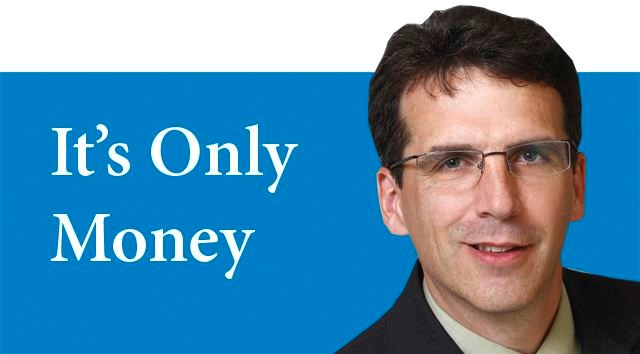You walk in to your bank, grief stricken, but resigned to the undeniable reality of this moment in your life - having to deal with the death of your much-loved father.
It's been a few days since he passed away, and it's time to get down to some of the initial work of tidying up his affairs. In the grand scheme of things, a 75-year-old man who worked and saved his entire life will probably have some savings and your dad was no exception.
In addition to other assets, he had about $87,000 tucked away in a savings account. You have his will in your hand which identifies you as the heir of these funds specifically, after funeral expenses. This liquid source of funding will be very helpful in settling things up for him and his estate.
"I'm very sorry," the banker explains. "We will need to send this off for probate, which may take a few months, or even much longer, depending on the complexity of the estate. It's too early to say"
Later that day, your lawyer advises you that now that the bank account has to go to probate, so do most of your father's other assets.
You are devastated.
You have a funeral to organize, bills to pay and, as executor, assets to eventually disperse, but in fairness to the bank, there is no guarantee that the will in your hand is the last one written by your father. Their only reliable method to avoid more serious issues down the road is to insist that the estate be probated by the impartial officials who do such things and then abide by the outcome of that process.
Probate offers third parties a form of guarantee that they are transferring the deceased's assets to the correct party.
The cost of probating a will in B.C. on the first $25,000 is nil. From $25,001 to $50,000 it is $6 per $1,000 plus an administration fee. For estate's worth more than $50,000, it's $350 plus $14 per each additional $1,000, or part thereof.
Some people go to great lengths to avoid probate, but that is not always advisable. The bulk of the fee is 1.4 per cent, which might be preferable to other perils. One way to avoid probate is to place assets in to joint names along with the beneficiaries who would eventually inherit it anyhow.
However, take caution with this. While you may implicitly trust your family, those assets might be at risk once they are registered in their names. Creditors, potential lawsuits, estranged spouses and any number of other potential risks could impact your life savings while you are still alive if it is held jointly with children or others.
Sadly, some beneficiaries even get an inflated sense of entitlement and begin to siphon off funds which they consider theirs, while their parents are still alive.
Another potential unforeseen pitfall impacting your life savings is deteriorating health and the cost incurred to take care of you during your declining years.
Given the major shift in Canadian demographics taking place over the coming decades, where one-quarter of the population will be over age 65 by 2036, there is growing concern among many about the rising cost of healthcare and senior care services. In general, both private and public healthcare costs in Canada have been steadily on the rise, giving individuals good reason to think about those costs, now and in the future.
For some, questions regarding their health status and what it might cost may be enough of a reason to hang onto their assets for the remainder of their life. In fact, a recent national study of Canadians showed that worry over healthcare needs has emerged as the second-most important driver, behind retirement itself.
For some individuals, there may be an assumption that their will functions as the complete communication piece for their intentions. While, indeed, the will contains all of the asset decisions, it won't necessarily offer your family members the reasoning (unless you include it in a separate note or letter, which some individuals choose to do).
And though personal preference may dictate how much of the specifics you disclose beforehand, communication in general around decisions made in the will are also valuable to help family members with the transition process and to help preserve family harmony.
Ongoing family meetings are a beneficial approach to identify and discuss family values and may give individuals a better sense of what their children's or grandchildren's needs and wants are, such as an interest in a vacation property. Through that process, individuals may be able to better navigate decisions and structure their plans in ways that best meet their own and their family's needs and may equalize their children, grandchildren or other heirs.
This column is not intended as nor does it constitute tax or legal advice. Readers should consult a qualified legal, tax or other professional advisor to implement a strategy.
Mark Ryan is an advisor with RBC Wealth Management, Dominion Securities (member CIPF) and can be reached at [email protected].



